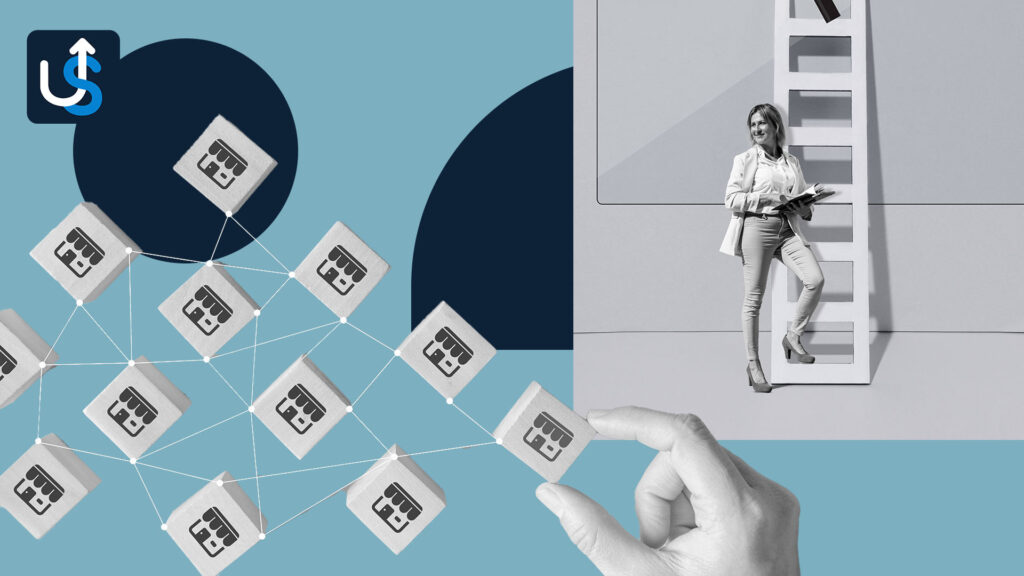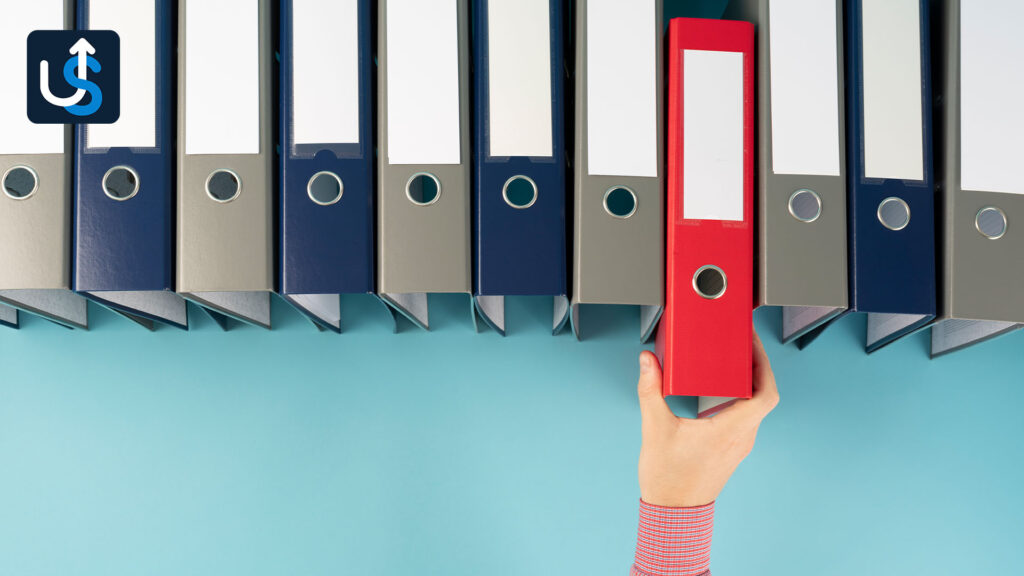
In the world of business, managing a franchise can be both rewarding and challenging. With multiple locations, varying processes, and different team members, maintaining consistency and efficiency across the board is essential. This is where Customer Relationship Management (CRM) comes into play.
In this blog post, we will analyze how to centralize and optimize your franchise marketing using CRM, a powerful tool supporting you in streamlining operations, improving communication, and driving growth by franchise SEO.

Before embarking on the journey of centralization and optimization, it’s crucial to take a close look at your current franchise structure and operations. Understand the pain points & areas where improvements are needed. This assessment should cover communication, data management, and operational processes.
Start by asking questions such as:
Determining these pain points is the first step toward implementing a CRM solution effectively.

One of the primary advantages of CRM in a franchise setting is its ability to centralize communication and information sharing. With a CRM system, franchisees, managers, and the central office can access a unified platform for exchanging messages, sharing data, and collaborating efficiently. Let us look at some benefits of centralized communication:

Developing a centralized system for communication and information sharing is crucial in today’s fast-paced business environment. Such a system would enable instant updates and notifications, ensuring that important information reaches the relevant individuals in a timely manner. This centralized approach would eliminate the need for multiple communication channels, reducing the risk of miscommunication or lost messages.
Additionally, instant updates and notifications would enable teams to stay informed and make decisions promptly, thereby increasing productivity and efficiency. Furthermore, a centralized system allows for better organization and accessibility of information, as all relevant data is stored in a single location. This facilitates easy retrieval and sharing of information among team members, avoiding duplication of efforts. With a centralized system, businesses can streamline their communication processes, enhance collaboration, and ultimately achieve their goals more effectively.
In order to streamline communication and enhance information sharing within an organization, it is essential to develop a centralized system. A centralized system enables seamless file and document sharing among team members, departments, and even across different locations, ensuring that everyone has access to the most up-to-date information and resources. By implementing a centralized system, organizations can eliminate the inefficiencies and delays associated with traditional methods of communication, such as email or physical file sharing.

This system allows for quick and easy access to files and documents, regardless of the time or location, which promotes collaboration and increases productivity. Additionally, a centralized system provides a secure platform for communication and information sharing, preserving confidentiality and preventing unauthorized access to sensitive data. Overall, a centralized system for communication and information sharing is crucial for organizations seeking to improve efficiency, streamline workflows, and foster collaboration among their workforce.

In order to enhance collaboration among franchisees, it is crucial to develop a centralized system for communication and information sharing. This system would act as a central hub where franchisees can easily access and share important information, communicate with each other, and collaborate on various projects and initiatives. By having a centralized system in place, franchisees can eliminate the need for email chains, phone calls, and face-to-face meetings, saving time and streamlining communication processes.
Furthermore, franchisees can have real-time access to updates, documents, and resources, ensuring that everyone is on the same page and working towards common goals. A centralized system also allows for better transparency and accountability, as it provides a clear channel for reporting and tracking progress. Overall, a centralized system for communication and information sharing would effectively enhance collaboration among franchisees, creating a more cohesive and efficient working environment.

Implementing Standard Operating Procedures (SOPs) across all locations would be instrumental in achieving this goal. The SOPs would serve as a set of guidelines and protocols that govern the way communication and information are transmitted and shared within the organization. By enforcing consistent practices, the centralized system ensures that all employees adhere to the same procedures, leading to improved efficiency and effectiveness. This system would enable seamless communication between different franchise locations, allowing for real-time updates and collaboration.
Additionally, a centralized system facilitates the sharing of important information, such as sales figures, inventory levels, and marketing strategies, among all locations. This promotes transparency, aligns goals, and empowers employees with the knowledge necessary to make informed decisions. Overall, the development of a centralized system through the implementation of SOPs is essential for streamlining communication and information sharing across all franchise locations.

Efficiency is at the core of franchise success. CRM systems have various features and tools that can help streamline operations. This includes automation, task management, and data analytics.
Ways to utilize technology in franchise management through CRM:
CRM technology can help optimize your franchise operations, reduce manual work, and enhance efficiency.

To develop a centralized system for communication and information sharing, it is essential to establish a robust framework that enables effective collaboration and knowledge dissemination across all franchisees. One crucial aspect of this system is providing ongoing training and support to franchisees. By offering regular training sessions, both in-person and virtual, franchisees can enhance their understanding of the centralized system and maximize its benefits. These training programs should cover the functionalities of the system, its features, and how to effectively utilize its communication and information-sharing capabilities.
Additionally, dedicated support teams should be available to address any questions or issues that franchisees may encounter along the way. Continuous support is crucial in ensuring the smooth adoption and utilization of the centralized system. Moreover, feedback channels should be established to gather suggestions and insights from franchisees, enabling constant improvements to be made to the system. By prioritizing ongoing training and support, a centralized system for communication and information sharing can become a valuable asset for franchisees, enhancing their productivity, efficiency, and overall success.

To optimize your franchise fully, you need to track performance metrics and make data-driven decisions. A CRM system can help you gather and analyze data from all franchise locations, allowing you to determine trends, successes, and areas for improvement.
How CRM supports data-driven decision-making:
By leveraging CRM, you can make informed choices that drive the growth of your franchise.
In the competitive world of franchising, centralization, and optimization are not just buzzwords but essential strategies for success. A CRM system can be your secret weapon in achieving these objectives. By assessing your current structure, centralizing communication, implementing SOPs, utilizing technology, providing ongoing support, and making data-driven decisions, you can take your franchise to the next level.
Embrace the power of CRM to create a unified and efficient franchise network that delights customers, empowers franchisees, and drives growth. Centralize and optimize your franchise today, and watch it flourish like never before!

The Real Benefits of Contact Management with CRM for Collecting Customer Data Managing and leveraging customer information has become a foundational aspect of success…
Can a CRM Really Automate My Sales Follow-Ups and Boost My Small Business Revenue? Small businesses face increasing pressure to maintain consistent communication with…
Best CRM Software for Sales Prospecting: Transform Your Sales Prospecting Struggling to turn cold leads into paying customers? You’re not alone. In today’s competitive…